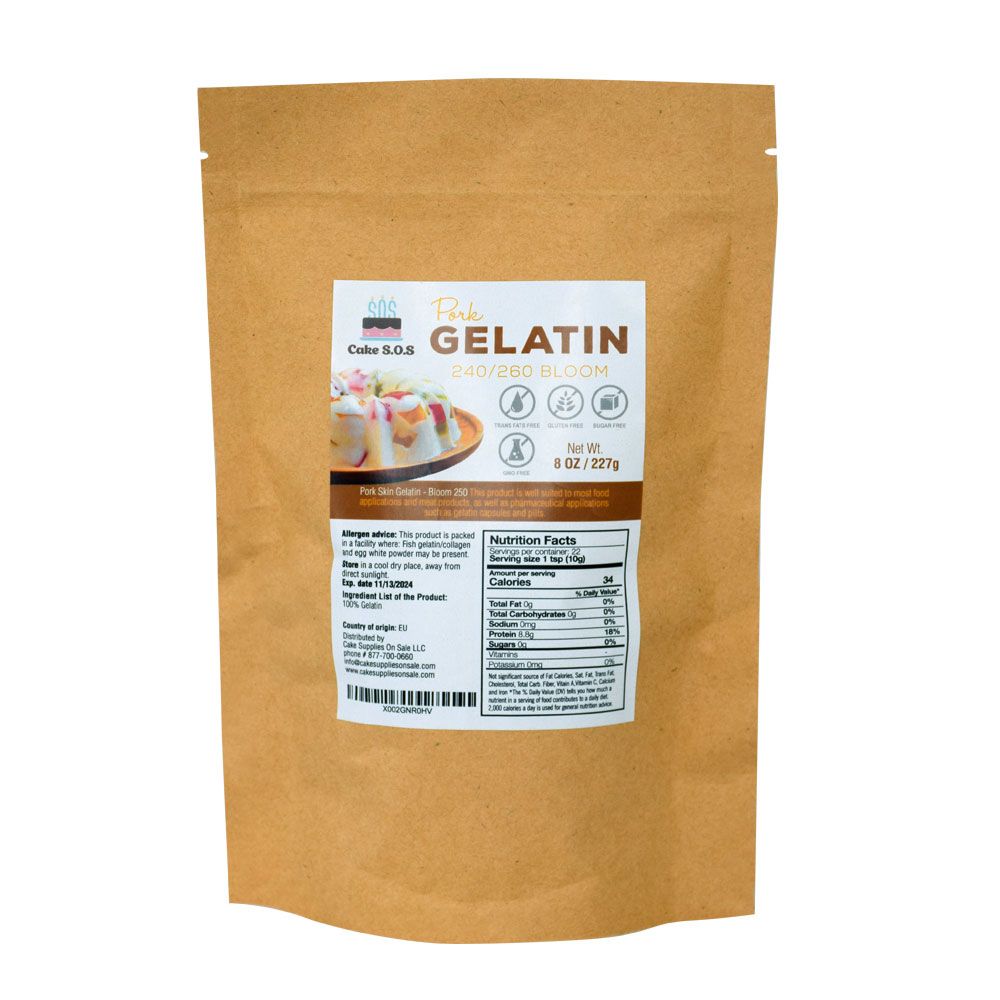

3Įxamples: Gelatin capsule (soft or hard) 4 not mixed into any other food) has (only) violated an issur d’rabannan. For example, one who swallows a piece of non-kosher meat which is wrapped in paper, or drinks vinegar or oil as is (i.e. However, Chazal forbade the consumption of forbidden foods in this manner. One who consumes an edible food item in an atypical manner which causes him to have little or no pleasure, is mid’oraisah not considered to have eaten the food, both as relates to fulfilling mitzvos (e.g. Rav Schwartz defines “edible” as any food-like item which people derive some enjoyment from as they eat/swallow it.Įxamples: Chewable pills, cough drop, glucose drink, liquid medicine (e.g. Edibility of the OTC MedicineĪs relates to our discussion, medicines can be grouped into 3 categories – edible, sheloh k’derech, and inedible – as follows: If it is, the kosher alternative should be used instead of the medicine which is of questionable kosher status. In this context, the term “reasonable substitute” depends on many factors which must be weighed by a doctor and Rabbi to determine whether the kosher alternative is in fact a “reasonable substitute”. SubstitutionsĪlthough we will see that there are cases in which one is permitted to consume a specific non-kosher medication that is only true if there is no reasonable kosher substitute available. Thus, one step in determining the acceptability of a given OTC medicine is to make the above determination (or to look for an acceptable kosher certification symbol!).

If a Rabbi working with an expert in food ingredient technology is able to determine that the medicine does not contain any kosher-sensitive ingredients and/or that any kosher-sensitive ingredients are batel, the medicine is of course permitted for consumption. Of the other ingredients, some raise more of a concern than others the explanation for why that is true and a brief description of the concerns with each of these ingredients can be found in the footnote. Of these ingredients, there is no question that the one which raises the most serious kashrus concern is glycerin.

The above list of kosher-sensitive ingredients is not complete and is just a list of some common kosher-sensitive ingredients found in medicines. Some of the common kosher-sensitive ingredients found in medicines are: The active ingredients in most medicines do not pose a kashrus concern, and the same can be said of most of the inactive ingredients as well. This document will not discuss the permissibility of medicines for Pesach. We will first discuss these four factors and then summarize with practical applications. How sick is the person taking the OTC medicine? Can the questionable OTC medicine be replaced with a kosher substitute?ĭ. Does the OTC medicine contain any kosher-sensitive ingredients?ī. In short, the answer depends on four factors:Ī. Many of these items contain kosher-sensitive ingredients, and conscientious consumers regularly ask which of these items may be consumed. The term “over the counter medication” (OTC) covers a whole gamut of pharmaceutical products used to help people overcome all sorts of maladies or discomforts. Consumer Kosher > Kosher Articles and Kosher Procedures > Health and Medicine > Over the Counter MedicineĪdministrative Rabbinical Coordinator of the cRc


 0 kommentar(er)
0 kommentar(er)
